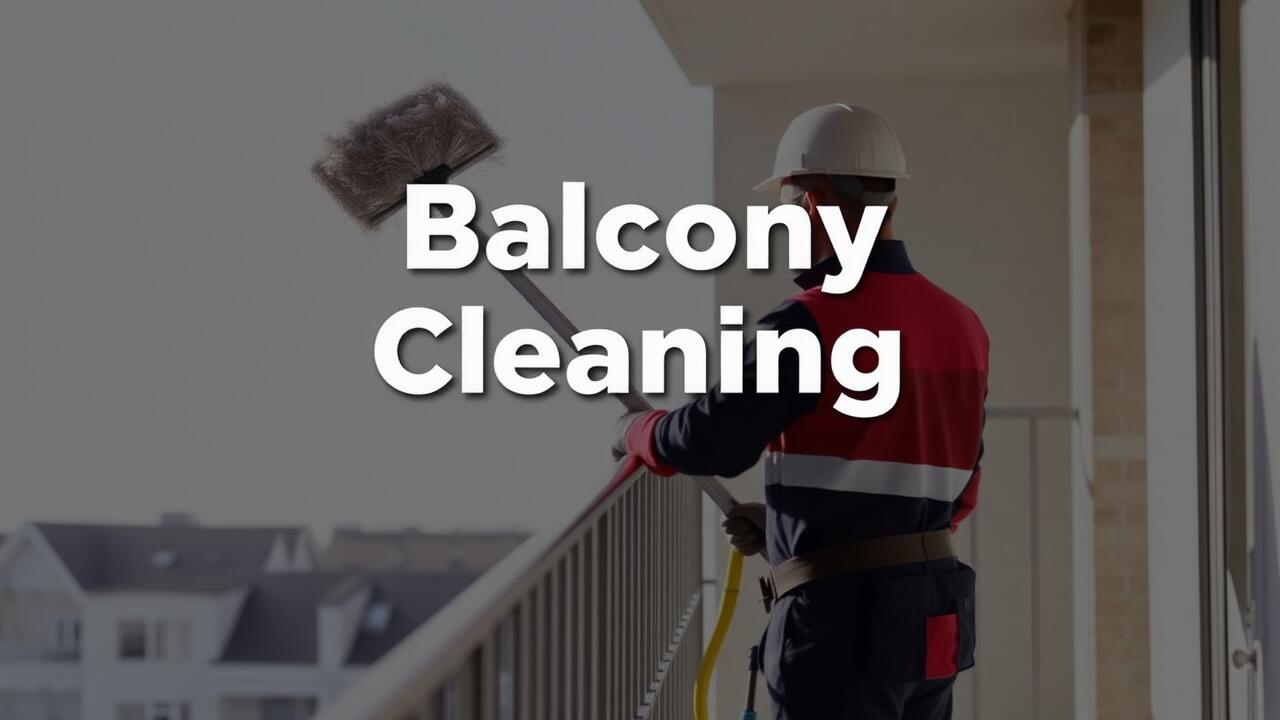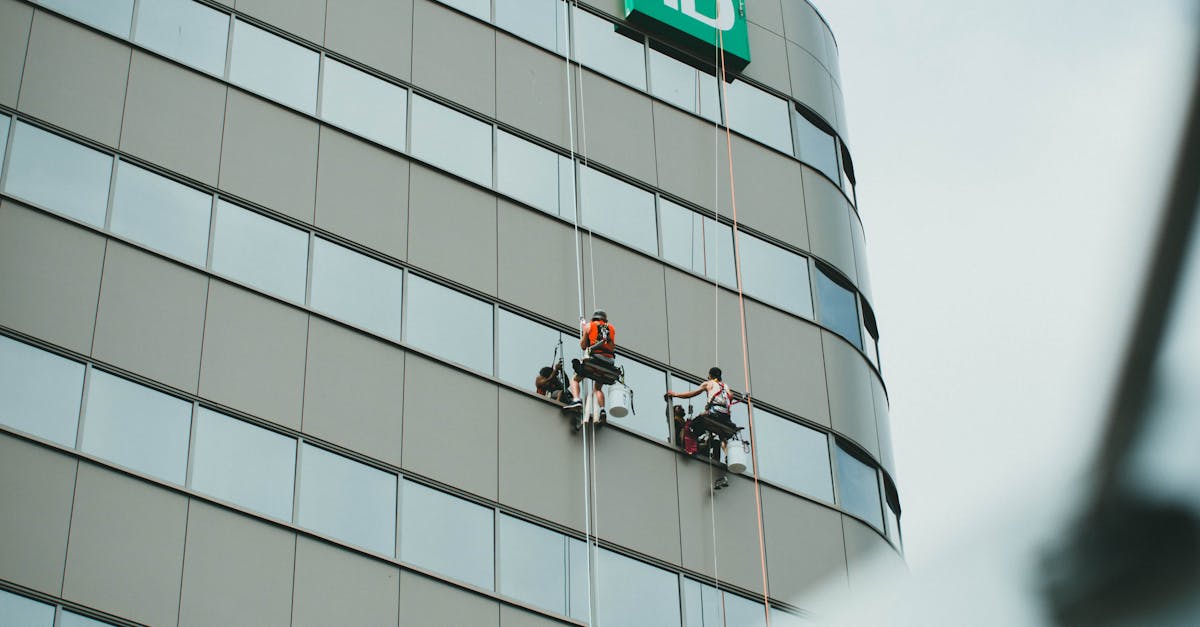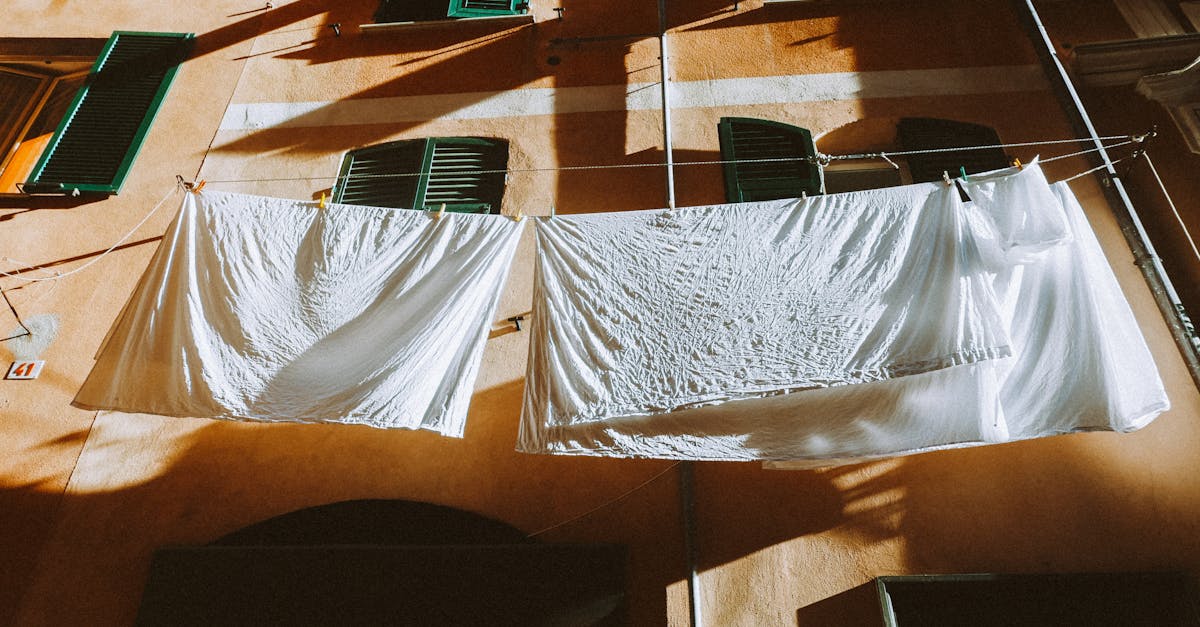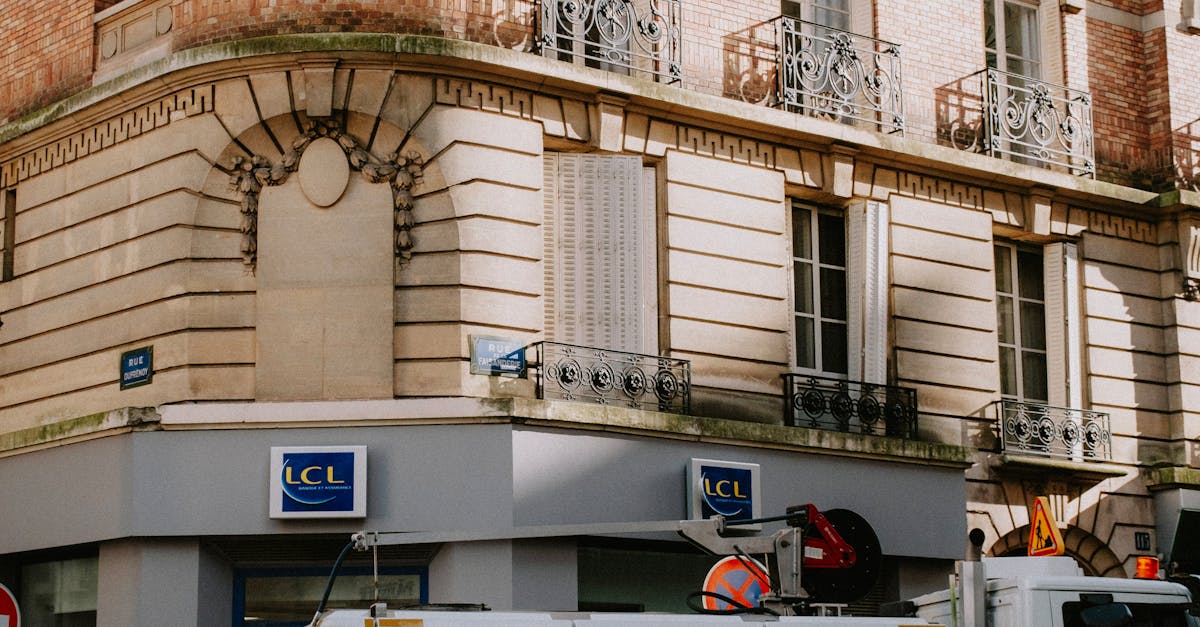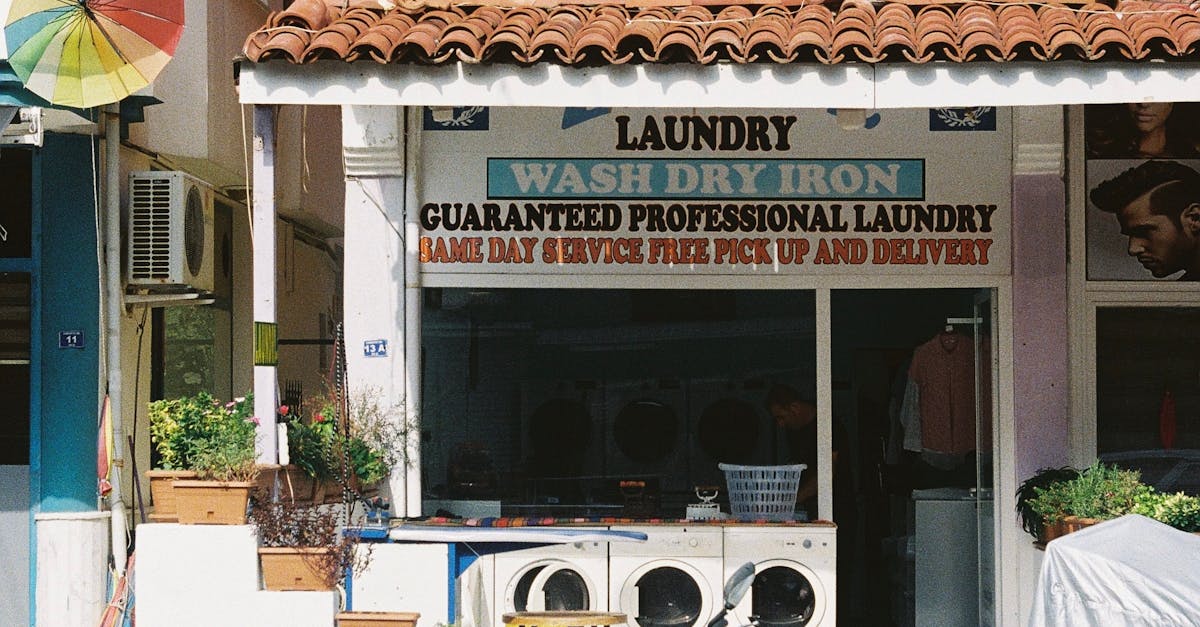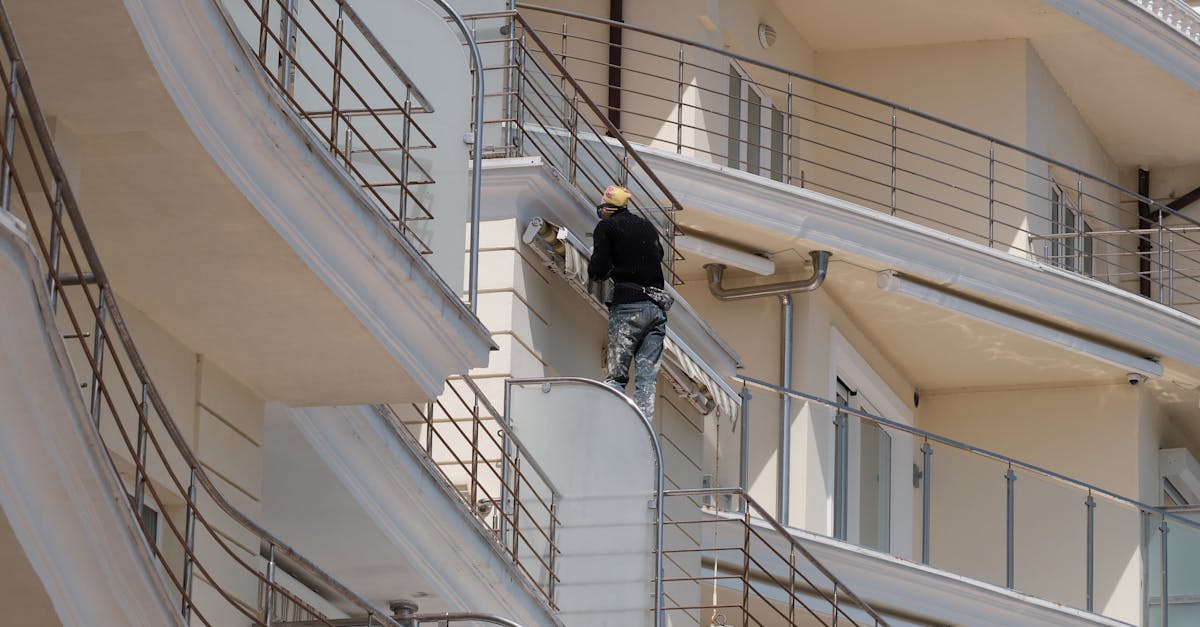
Troubleshooting Common Vacuum Issues
Vacuuming on a balcony can lead to specific issues that may disrupt the cleaning process. One common problem is clogging, which can significantly diminish suction power. During balcony cleaning in Leicestershire, it is essential to regularly check the vacuum’s hose and filters for blockages. Dust, debris and small twigs can easily accumulate, especially in outdoor environments. Clearing these obstacles not only improves suction but also enhances the overall efficiency of the vacuum.
Another frequent issue is the vacuum’s performance on uneven surfaces. Many balconies feature pavers, tiles or wooden decking, which can affect how well the vacuum picks up debris. If the vacuum struggles, it might be necessary to adjust the height settings or consider attachments specifically designed for different floor types. For those engaged in balcony cleaning in Leicestershire, understanding these troubleshooting methods can save time and ensure a cleaner space.
Handling Clogs and Loss of Suction
Clogs in a vacuum cleaner can significantly hinder its performance, leading to a frustrating cleaning experience. Regularly inspecting filters and canisters for debris can help maintain optimal suction. Blockages can often occur in the hose, so checking for any twists or obstructions is essential. For effective balcony cleaning in Nottingham, Nottinghamshire, addressing these issues promptly will ensure that the vacuum maintains its efficiency.
Loss of suction may also stem from worn-out parts or improper assembly following maintenance. Regularly replacing filters and ensuring that all components are correctly fitted can prevent drops in performance. Keeping the vacuum cleaner in good condition is particularly important when undertaking balcony cleaning in Nottingham, Nottinghamshire, as the outdoor environment often brings additional dirt and leaves that need efficient removal.
Alternative Cleaning Methods for Balconies
When considering alternative cleaning methods for balconies, a broom is an efficient choice. It allows for easy sweeping of debris, leaves, and dirt without the need for a power source. Regular sweeping can maintain a tidy appearance, especially in areas with heavy foot traffic or exposed to outdoor elements. For those in need of a deeper clean, a damp mop can be beneficial. This method is effective for removing sticky residues and dust that a broom might leave behind.
For residents seeking professional assistance, services focusing on Balcony Cleaning in Derbyshire are readily available. These professionals often utilise advanced equipment and techniques to ensure a thorough cleaning. They can efficiently address hard-to-reach spots and ensure that surfaces are free of mould or algae, which may develop in damp conditions. Such dedicated services provide peace of mind, maintaining the aesthetic appeal and safety of outdoor spaces.
When to Use a Broom or Mop
Sometimes, a vacuum may not be the best tool for cleaning a balcony, especially when dealing with larger debris or outdoor elements such as leaves and dirt. In such cases, a broom can be more effective, allowing for a thorough sweep of the surface without the need for power. A mop is ideal for addressing spills or stains on tiled or wooden balcony floors, as it can provide a deeper clean and help maintain the appearance of the flooring.
Balcony Cleaning in Nottingham, Nottinghamshire, often requires a combination of methods to achieve the best results. Using a broom to clear away loose dirt and debris can prepare the area for mopping. This approach not only ensures a cleaner finish but also prevents clogs in any vacuum system you might use later for touch-ups or finer cleaning. Each cleaning method has its place, and knowing when to switch from one to another can enhance the overall upkeep of your outdoor space.
Safety Tips for Vacuuming on High Balconies
When engaging in balcony cleaning in Nottinghamshire, safety should always be a priority, especially on high balconies. Ensure that the vacuum cleaner is suitable for outdoor use, as some models may not handle the environmental conditions well. Before starting, check that the area is clear of obstacles to prevent trips or falls. If necessary, wear non-slip footwear to maintain a steady grip on the surface while manoeuvring the vacuum.
It is essential to maintain a firm footing while vacuuming to avoid accidents. If your balcony is particularly high or lacks a secure railing, consider using a vacuum with an extension cord to reach further without leaning over the edge. Avoid stretching or overreaching, and keep your body centred on the balcony to maintain balance. Acknowledging these safety tips can ensure a smooth cleaning experience while protecting yourself and your property.
Ensuring Stability and Avoiding Accidents
When using a vacuum on a balcony, stability is paramount to prevent accidents. Ensure that the surface is clean and dry before beginning. Avoid positioning the vacuum too close to the edge, as even a small misstep could lead to a dangerous fall. If the balcony is particularly high, consider using a vacuum with a long power cord rather than an extension lead to minimise clutter and reduce the risk of tripping.
In areas where the ground is uneven or the balcony features planters and furniture, take extra care. Move obstacles out of the way to create a clear path for cleaning. If you are undertaking Balcony Cleaning in Leicester, Leicestershire, ensure that you have appropriate footwear and a firm grip on the vacuum at all times. This attentiveness will help maintain balance and control, promoting a safer cleaning experience overall.
FAQS
Can I safely use a vacuum on my balcony?
Yes, you can use a vacuum on your balcony, but it’s essential to ensure safety and stability, especially if your balcony is high up.
What type of vacuum is best suited for balcony cleaning?
A lightweight, portable vacuum with good suction power is often the best choice for balcony cleaning. Consider a vacuum that is specifically designed for outdoor use or one with a suitable attachment for dealing with outdoor debris.
How can I prevent my vacuum from getting clogged while cleaning the balcony?
To prevent clogs, make sure to regularly check and clean the vacuum filter and hose. Additionally, remove any larger debris, such as leaves or dirt clumps, before vacuuming.
What should I do if my vacuum loses suction while using it on the balcony?
If your vacuum loses suction, check for blockages in the hose or filters. Also, ensure that the dust container is not full, as this can affect the vacuum’s performance.
Are there any alternative methods for cleaning my balcony if I don’t want to use a vacuum?
Yes, alternative methods include using a broom, mop, or pressure washer, depending on the type of debris and the surface of your balcony. Each method has its own benefits, so choose one that best suits your cleaning needs.
